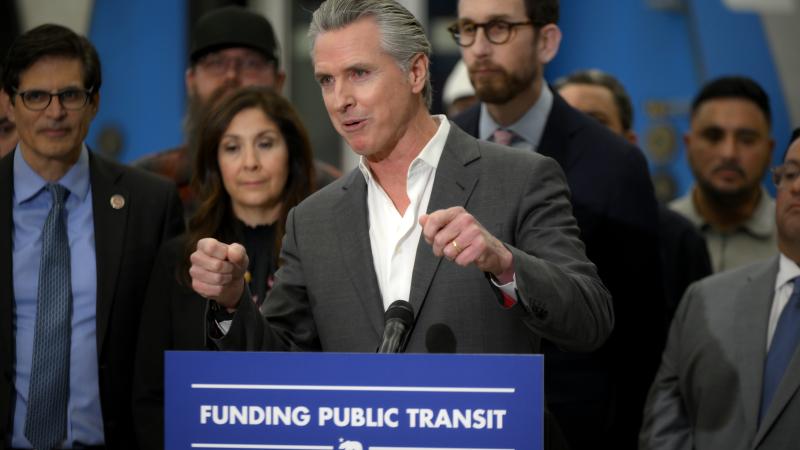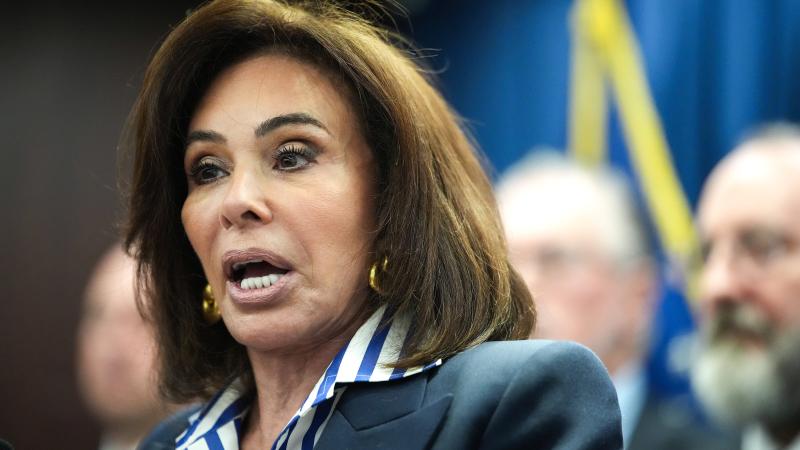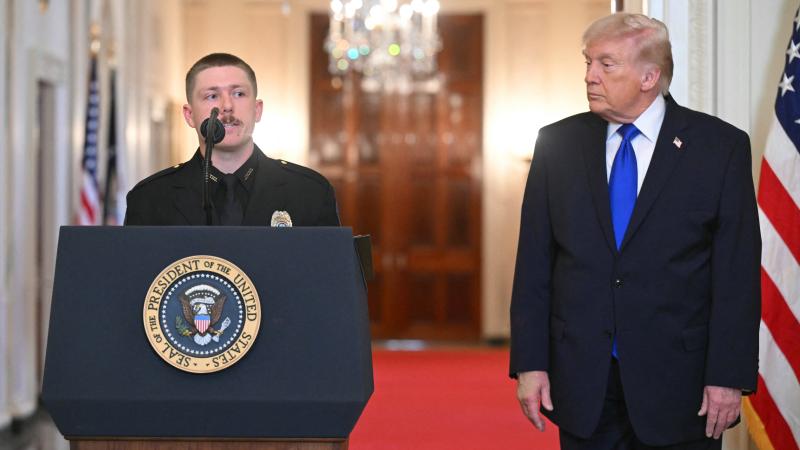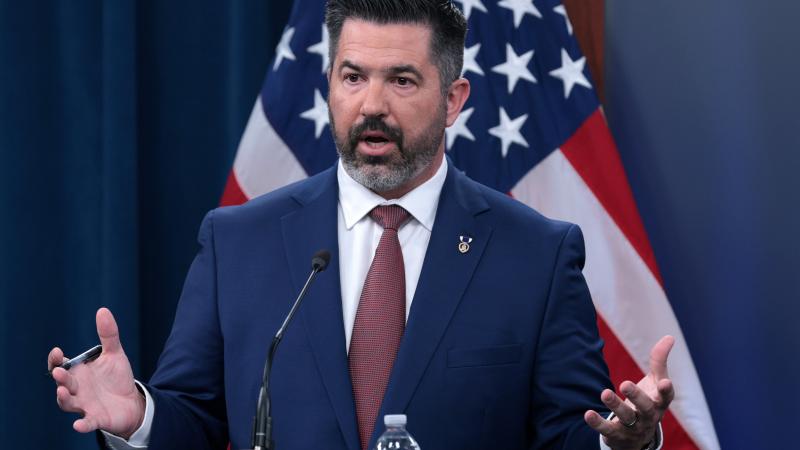Federal government approves Maine's offshore wind research facility
The Bureau of Ocean Energy Management has agreed to lease a 15-mile tract of federal waters to Maine for the project, which will involve setting up a dozen floating windmills about 30 miles off the coast.
(The Center Square) — The Biden administration has given the green light to Maine Gov. Janet Mills' plan to create the nation's first offshore wind power system devoted solely to researching clean energy.
The Bureau of Ocean Energy Management has agreed to lease a 15-mile tract of federal waters to Maine for the project, which will involve setting up a dozen floating windmills about 30 miles off the coast. It would be the first devoted to researching how to develop the technology in a sustainable way that doesn't impact the state's commercial fishing industry. The exact details of the lease agreement were not released.
Mills said the project will help "establish Maine as a leader in responsible offshore wind, in balance with our state's marine economy and environment."
"Clean energy from offshore wind offers an historic opportunity for Maine to create good-paying jobs, reduce our reliance on fossil fuels, and fight climate change by cutting greenhouse gas emissions," she said in a statement.
The research array will use floating offshore wind platform technology designed by the University of Maine and its partner, Diamond Offshore Wind. UMaine's floating platform, known as VolturnUS, was recently awarded a $12.5 million grant from the U.S. Department of Energy for its innovative design, according to the Mills administration.
Environmental groups say the move will help reduce carbon emissions and diversify the state's energy portfolio by reducing its overall reliance on fossil fuels.
Maine has set an ambitious goal of reaching 80% renewable energy by 2030 and 100% by 2050, and the Mills administration said wind power will play a large role.
"Maine's offshore wind research lease presents a significant opportunity for the state's growing renewable energy sector, workforce, and research institutions," said Eliza Donoghue, executive director of the Maine Renewable Energy Association. "The research conducted at the lease site will guide industry best practices and inform responsible development while creating unique opportunities for Maine businesses to participate in this growing industry."
However, wind power has met with pushback from commercial fishermen who say the move would shut down fishing grounds and hurt the multi-billion dollar industry. Nearly 75% of Maine’s commercial lobster harvesting occurs in state waters.
Lawmakers and the Mills administration enacted a ban on the development of offshore wind in state-managed waters this summer. They also called on the Biden administration not to pursue offshore wind projects in fertile fishing grounds off the state's coastline.
Sen. Angus King, I-Maine, said the project "represents a continued investment in innovative offshore wind technology and research, and will help Maine embrace a secure, sustainable energy future -- while striking an important balance with the needs of our fisheries and fishing communities."
Maine's research on offshore wind comes at an uncertain time for the nascent industry. Developers are scaling back — or, in some cases, backing out of projects — citing supply-chain disruptions, higher construction costs and a lack of state and federal government tax credits.
















